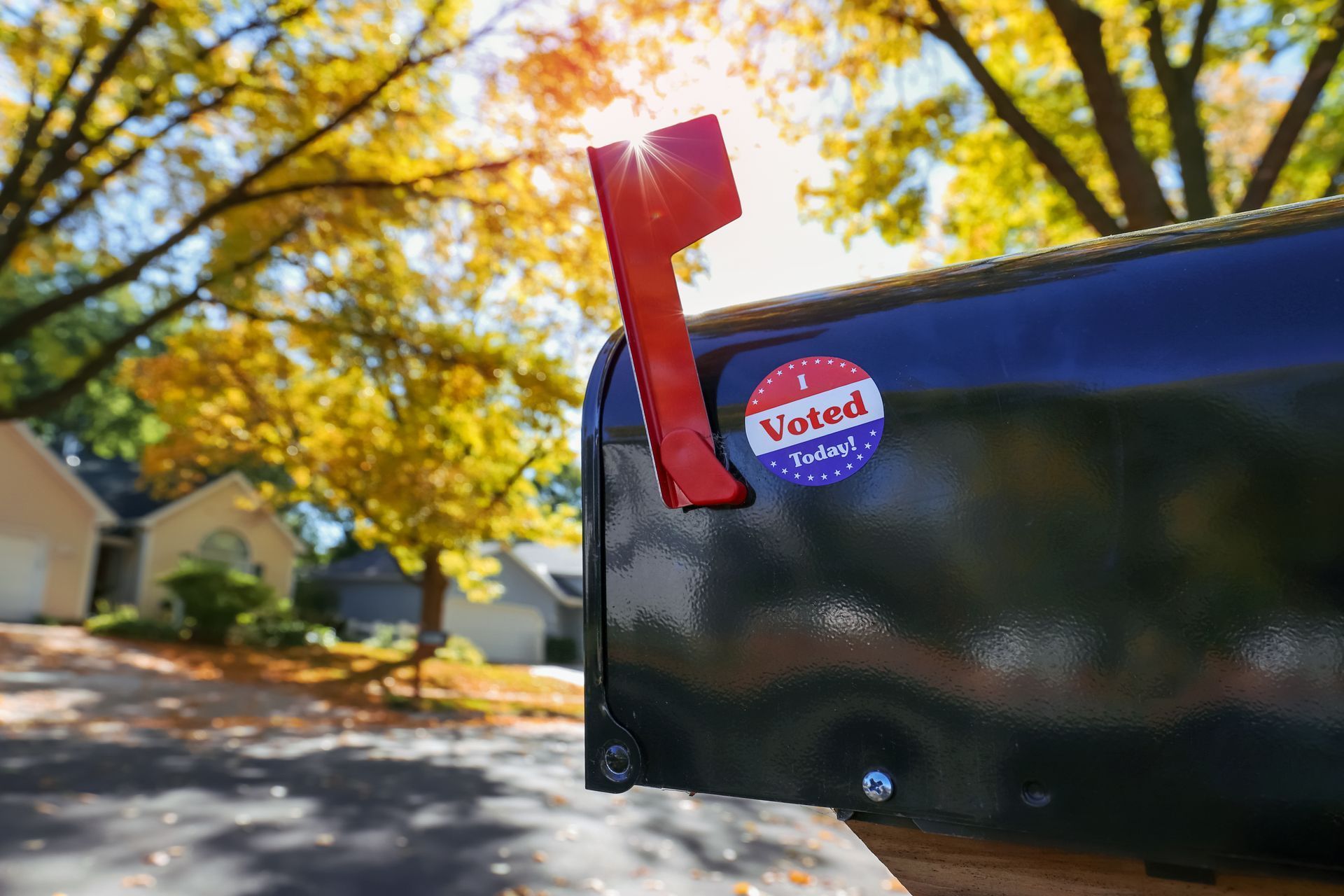Can I Accept This ID, or Not?
It’s important for notaries to stay on top of the changes to forms of identification. This is the most important component to our job – identifying the signer. Michigan law 55.285 Performance of notarial acts; scope; verification, Sec 25. 6 (c) states: A notary public has satisfactory evidence that an individual is the individual whose signature is on a record if that individual is any of the following:
(a) Personally known to the notary public.
(b) Identified upon the oath or affirmation of a credible witness personally known by the notary public and who personally knows the individual.
(c) Identified on the basis of a current license, identification card, or record issued by a federal or state government that contains the individual's photograph and signature.
This article relates to (c). The notary must identify the signer based on their current license or ID card or record that is issued by a state or federal government, and it must have, so it can be read, the individual’s photograph and signature.
We are all familiar with a driver’s license and state ID card. That’s the easy one. So, let’s discuss other ID cards that we might think we can accept, but we cannot.
But first, we must address current vs valid. In my experience, asking if the signer has valid ID leads to arriving and finding that the driver’s license is expired. The law says CURRENT, not VALID. Therefore, we must be clear when communicating with the client that the ID must not be expired, as the definition of current is belonging to the present time. This translates to not expired. A better way to ask is, “Does the signer have unexpired ID?”
Next, let’s talk about “a” state or federal government. The first operative word here is “a”. Michigan law does not say we can only accept Michigan or even US identification. If you can read the ID, and you can communicate with the signer, and the notarial block is in English, you can notarize using the foreign ID, as long as it follows the same law: State or Federal issued.
Now, on to the last part: that contains the individual's photograph and signature. Both the signature and the photograph must be on the ID. There doesn’t need to be an expiration date, as some IDs don’t expire. Take military veteran ID, for example. They don’t expire. Passports, driver’s licenses, and ID cards do expire.
Speaking of Passports: When a person applies for a passport in the US, they have a choice of a passport book or card, or both. They are the same application, but the results make the difference in being able to be used as ID. When a passport book is received, the owner signs it, therefore it can be used as identification by a notary. But when a passport card is received, it is already laminated, and it does not get signed. Therefore, a notary cannot accept a passport card as identification, as it is missing the signature.
And finally, we need to discuss Military ID. In 2020, the military began rolling out a new method of identifying military members. In 2024, all military members – including spouses and other dependents, and new veterans – began receiving the new ID cards when they needed a new one. These cards have a chip in them and are not signed, so, we cannot use the NEW military ID cards as identification, because they are missing the signature.
As a bonus, let’s talk for a moment about CPLs – Concealed Pistol License. These are not to be used as valid ID, as they are not issued by the state or federal government. They are issued by the county, and therefore do not qualify for use by a notary for identification purposes.
If you have more questions about this topic, or anything related to notarizing in Michigan, consider our Notary Basic Education class for $59 at https://www.michigannotaryassociation.org/
Group rates are available for groups of 6 or more. Contact LHocker@MichiganNotaryAssociation.org for more information.
Share this article
MINA Blog










